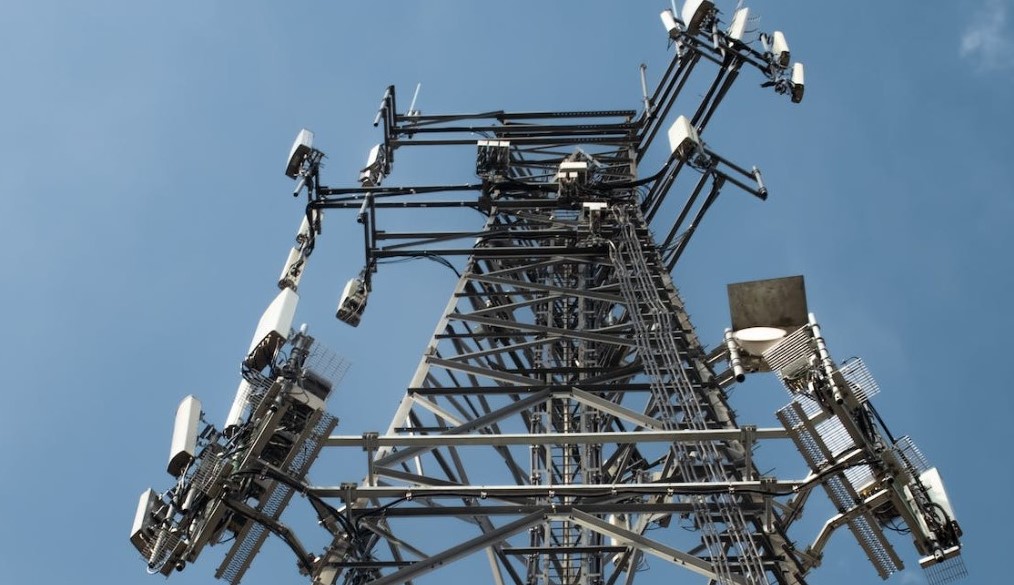Public WiFi networks, to be honest, are amazing things in their nature if life was all about honesty and justice. In terms of technological advancements and accessibility, public WiFi is about the Internet being available to everyone and everywhere, which is something we all need. However, some people seek a chance to take advantage of positive things and profit from that. Public WiFi is an example of how this happens and often risks people’s data privacy.
To clarify this, we need to emphasize that while discussing the risks of public WiFi networks, we do not necessarily mean all the networks, but mostly those unauthorized ones controlled by unknown hosts. Those lack proper security measures, which makes the networks vulnerable to data leaks.
So, if there are secure and not protected public WiFi networks, what’s the issue since people could ignore suspicious hotspots? The problem is that very often, they can be unrecognizable for several reasons, and one of them is fake hotspots that can be set up with the same name as legitimate networks that are familiar to the public. Let’s get into this topic and identify the main threats and the important ways to bypass those threats.
Read More: 15 Network Security Toolkit Alternatives
Heads Up: For Gaming Enthusiasts
Why do gamers need to pay special attention to the discussed issue? There are several reasons, but the main point is that the nature of gaming, primarily mobile gaming, is to keep people busy in times when they can do nothing better. And it’s not hard to guess – that time is when we are on the bus, waiting for someone in the park, and so on. We get bored all these times, grab the phone, connect to an available public WiFi spot, and start playing.
Not only that insecure networks are potential threats to user data privacy, but also the information many gamers share while playing. For instance, those who gamble online usually provide their bank account information to the platform to make transactions. Of course, when it comes to gambling mainly, there are many other suggestions on how to play safely at an online casino, but especially public internet networks must be a red light for gamers as an essential notice for security.
We all know very well that gaming is a lifestyle for thousands of people who consider this activity the best option in times of boredom. To avoid any risks while gaming is the principle of not connecting to any public WiFi network, but this doesn’t mean that you also have to say goodbye to your digital hobby. Luckily, many offline games are meant to always be available despite the internet connection. This can be a good solution and a safe one, of course.
Aren’t You Still Using a VPN?
Although public WiFi networks can be risky to have sensitive personal information hacked, other information needs to be protected, including user activity. It’s what you browse, read, like, comment, etc. Using a Virtual Private Network keeps your identity, device information, and location secure, but don’t forget that VPN services cannot be 100% reliable in ensuring safety and digital security. It’s partially effective and must also be accompanied by other measures.
Imagine traveling and wanting to access your online banking or conduct sensitive transactions while connected to a public WiFi hotspot. Without a VPN, your data is vulnerable to interception by malicious actors lurking on the same network. However, with a reliable VPN, your internet traffic is encrypted, ensuring that even if intercepted, your data remains unreadable to prying eyes.
Financial transactions and various digital activities can benefit from a VPN. For instance, accessing work-related files and emails, sending private messages, or accessing confidential documents become more secure with a VPN’s encryption layer.
Be Attentive: URLs Matter
When connecting to public WiFi networks, paying attention to the URLs you access is crucial for maintaining a secure online experience. The difference between HTTP and HTTPS in a URL can determine the level of security in your connection. If you see the first one before the domain name, the connection is not encrypted, so hackers can easily follow the information and user interactions. On the contrary, seeing HTTPS before the website URL address can ensure it’s encrypted.
Read More: 12 WP Cerber Security Alternatives
Being cautious about phishing attempts when using public WiFi networks is also essential. Hackers can create fake websites that closely resemble popular websites by changing just one or two letters in the URL. Unsuspecting users might fall victim to these deceptive URLs and unknowingly provide their login information to hackers. Being vigilant and carefully scrutinizing URLs can prevent falling prey to such scams.
